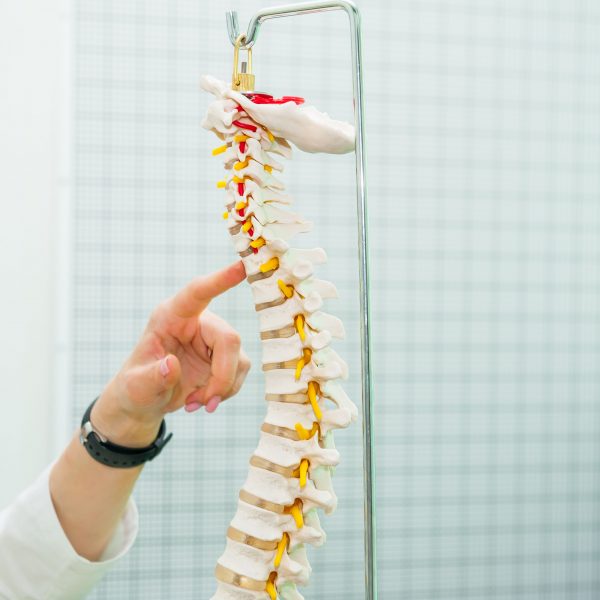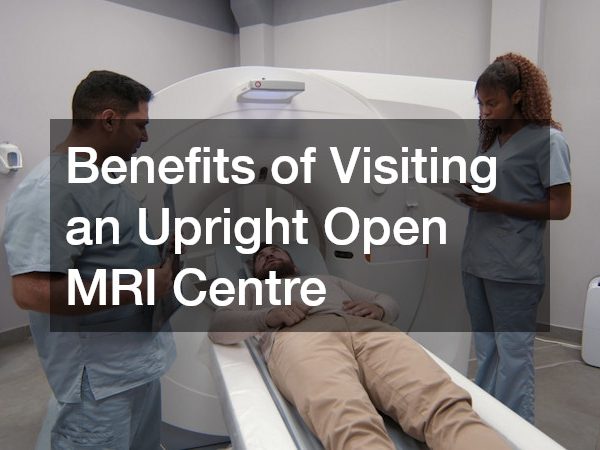Finding and staying active is key to young adult health. This guide gives you information on how to find activities that work for you, set goals, and stick with them.
The importance of staying active is emphasized in this article, as it is a key factor in maintaining good health as a young adult. Exercise can help prevent diseases such as obesity and heart disease, and can also improve mood and overall well-being.
It’s no secret that exercise is good for you. Exercise has been shown time and time again to have a plethora of benefits for both physical and mental health. However, young adults often forget the importance of staying active and keeping their bodies healthy. This is a mistake!
Regular exercise is one of the best things you can do for your health, both now and in the future. It can help you maintain a healthy weight, improve your mood, reduce your risk of chronic diseases, and more.
If you’re unsure where to start, plenty of ways to get active don’t require much time or money. Here’s a look at ways staying active can keep you healthy and prevent illness.
Regular Exercise Strengthens Your Immune System
We all know that physical activity is good for our hearts, lungs, and muscles, but did you know that it can also help boost your immune system? That’s right, staying active helps fight off infection and disease by maintaining the health of your cells and tissues. So, next time you’re feeling under the weather, go for a run or hit the gym instead of reaching for the medicine cabinet.
Exercises for Starters
If you’re not used to being active, starting slow is the best way to ease your body into it. Try some of these exercises to get started:
- Taking a brisk walk in your neighborhood or at the park
- Riding a bike
- Swimming
- Doing yard work or housework
- Taking the stairs instead of the elevator
- Playing with your kids or pets
Making Time for Exercise
One of the biggest excuses young adults make for not exercising is that they don’t have time. However, many ways exist to fit activity into even the busiest schedules. Here are a few tips:
- Wake up early and go for a run or walk before starting your day
- Use your lunch break to go for a walk or run errands
- Use the stairs
- Park further away from your destination
- Get off the bus a stop early and walk the rest of the way
- Invest in a gym membership or home workout equipment

Exercise Helps Prevent Chronic Diseases
Staying active doesn’t just make you feel good at the moment but also wonders for your long-term health. Exercise has been shown to reduce the risk of developing chronic diseases such as heart disease, type 2 diabetes, stroke, and certain types of cancer.
Staying Active Even When You’re Sick
It’s a common misconception that you should rest when you’re sick. In reality, moderate exercise can help you feel better and speed up your recovery. Just be sure to listen to your body and don’t overdo it. For example, focus on gentle activities like walking or yoga if you have a cold.
Staying Active Even with Serious Illness
If you have a serious illness, you may think that exercise is the last thing on your mind. If you or your loved one is in this situation, palliative care can help. Palliative care facilities are beginning to see the benefits of incorporating moderate physical activity into their patients’ treatment plans. Studies have shown that exercise can help improve symptoms and quality of life for those with cancer, heart failure, and other chronic illnesses.
If you or a loved one is dealing with a serious illness, talk to your doctor about the best way to incorporate exercise into your treatment plan. You may be surprised at how beneficial it can be!
Exercise Reduces Stress and Anxiety
In today’s fast-paced world, finding ways to reduce stress and anxiety is more important than ever. Thankfully, regular exercise is a great way to do just that. When you work out, your body releases endorphins—chemicals that have mood-boosting properties. Not only that, but exercise can also help improve sleep quality, which further reduces stress levels.
If you’re looking for ways to better manage stress, consider adding more exercise to your week. You’ll be surprised at how much better you feel! If exercise does not help your stress levels, consider adding meditation or yoga.
It’s important to remember that physical activity is only one part of a healthy lifestyle. Be sure to eat a balanced diet and get enough sleep as well. With a little effort, you can easily make exercise a regular part of your life and enjoy all the benefits that come with it!
The Bottom Line
There are countless reasons to ensure you stay active as a young adult. Regular exercise can help boost your immune system, reduce stress levels, and prevent chronic diseases are just a few benefits. So get out there and start moving! Your body will thank you for it now and in the years to come.






